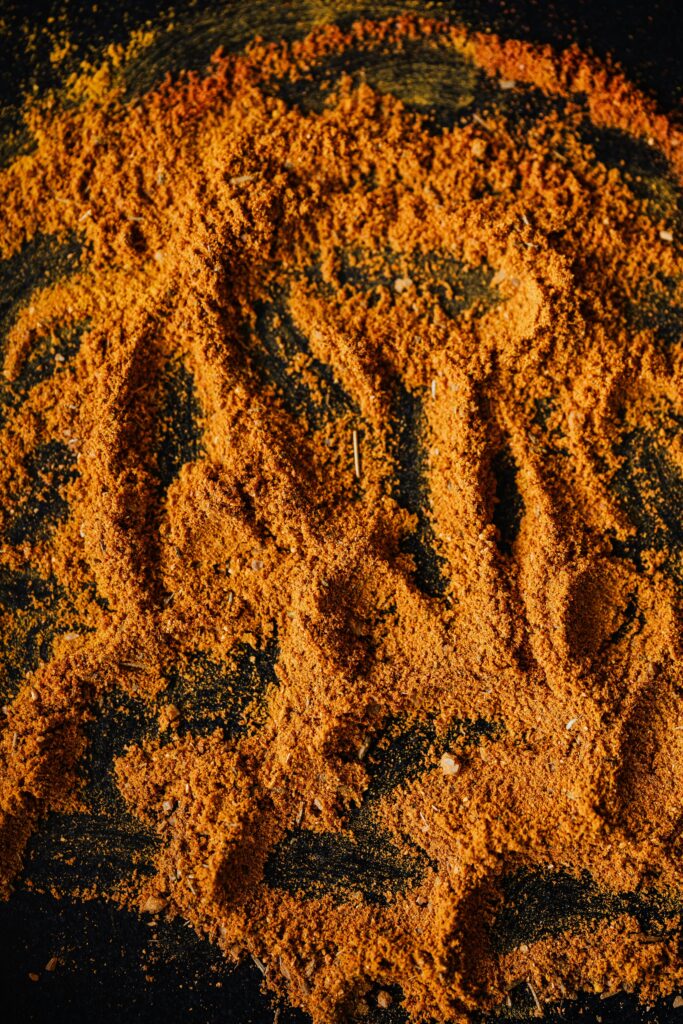
Peppermint: Refresh Your Body with Nature’s Minty Elixir
Feeling bloated or stressed? Peppermint, with its cool, minty leaves, brings relief and calm. Used since ancient times, this herb soothes everything from upset stomachs to headaches. Its menthol-packed leaves offer antimicrobial and antioxidant benefits. Let’s dive into peppermint’s science-backed powers, practical uses, and safety tips, revealing why it’s a must-have for your wellness routine.
Calming Your Gut
Peppermint is a star for digestion. It eases irritable bowel syndrome (IBS) symptoms like bloating and cramps. Studies show its menthol relaxes gut muscles, reducing pain and spasms. Peppermint also fights nausea, whether from motion sickness or morning sickness. It helps functional dyspepsia, calming stomach upset after meals. With its antibacterial properties, peppermint supports a healthy gut by fighting harmful microbes, making it a go-to for digestive comfort.
Beyond Digestion: Mind and Body Benefits
Peppermint does more than soothe your stomach. Its cooling menthol boosts focus and sharpens cognition, perfect for mental clarity. Inhaling peppermint oil can ease stress and promote relaxation, supporting mental health. It also helps with headaches by relaxing tense muscles. Early research shows peppermint aids hair growth by stimulating scalp circulation and may reduce allergy symptoms. Lab studies suggest antitumor and antiviral effects, hinting at potential for cancer and infection support, though human trials are needed.

How to Use Peppermint
Enjoy peppermint’s benefits daily. Brew tea by steeping 1-2 grams of fresh or dried leaves in hot water for 5-10 minutes—perfect for a refreshing boost. Take 500 mg oil capsules for IBS or nausea relief. Add peppermint to smoothies or desserts for a minty twist. For headaches, apply diluted peppermint oil to your temples. Pair with a healthy diet and stress-relief practices like yoga to enhance its effects.
Safety and Precautions
Peppermint is generally safe but may cause heartburn in some, especially with high doses. Avoid if you have acid reflux or gallstones, as it can worsen symptoms. Use caution with blood thinners, as peppermint may interact slightly. Pregnant women should consult a doctor before using large amounts. Always choose high-quality, pure products to avoid contaminants. Check with a healthcare provider if you’re on medications or have chronic conditions.

Why Peppermint Matters
Peppermint blends ancient remedies with modern science, offering a cooling cure for gut and mind. From easing IBS to sparking focus, this herb refreshes naturally. Whether you sip tea or use oils, peppermint is a versatile addition to your health kit. Choose quality products, start small, and feel the minty magic. Make peppermint your ally for a vibrant, healthy life!
Disclaimer: Always consult a doctor before using herbs for health.
Sources:
https://www.nccih.nih.gov/health/peppermint-oil
McKay, D. L., & Blumberg, J. B. (2006). A Review of the Bioactivity and Potential Health Benefits of Peppermint Tea (Mentha piperita L.). Phytotherapy Research, 20(8), 619-633.
Chumpitazi, B. P., et al. (2018). Review of Peppermint Oil as a Treatment for Irritable Bowel Syndrome in Children. Journal of Pediatric Gastroenterology and Nutrition, 66(4), 686-692.
Kligler, B., & Chaudhary, S. (2007). Peppermint Oil. American Family Physician, 75(7), 1027-1030.
Mahendran, G., & Rahman, L. U. (2020). Ethnomedicinal, Phytochemical and Pharmacological Updates on Peppermint (Mentha × piperita L.). Plants, 9(9), 1148.


